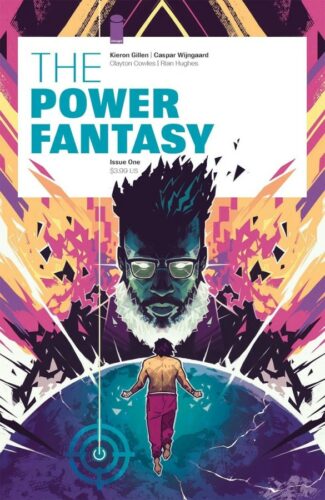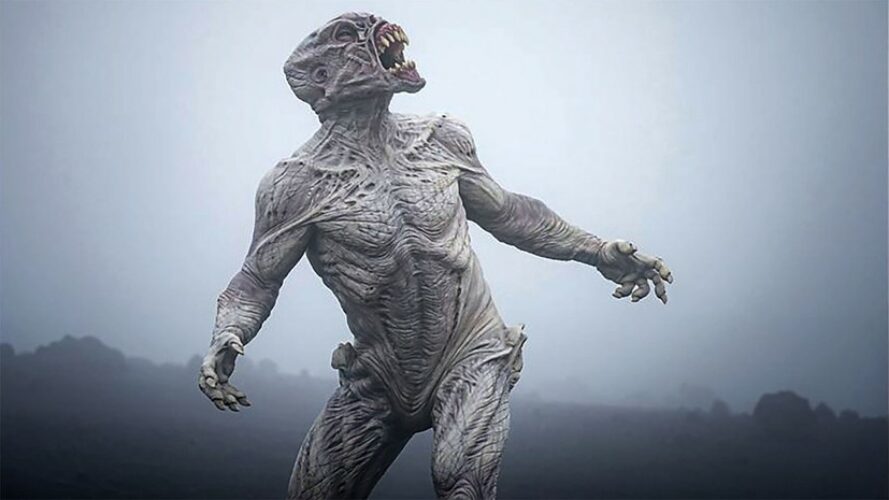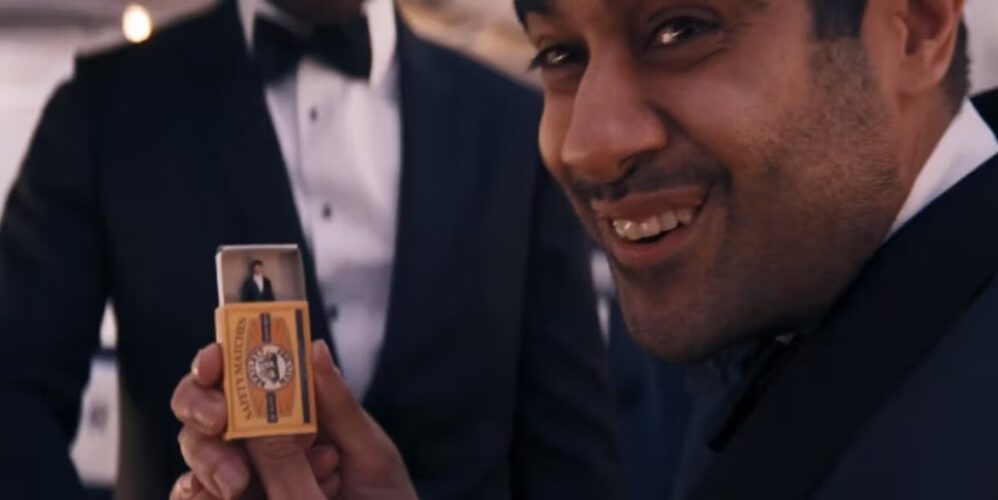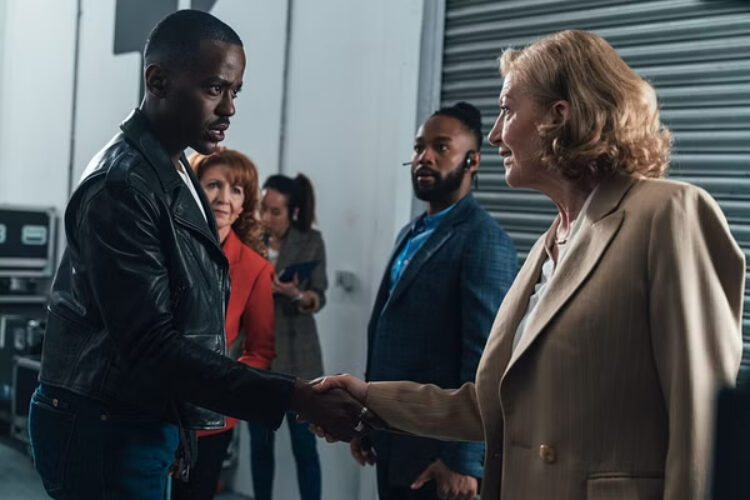The Power Fantasy Review

There’s a moment, back in Kieron’s first X-Men run, that has lived in my head for over a decade now. Cyclops has just formed a new team of X-Men, and is addressing it for the first time. He muses on the way in which mutants are viewed in the world, as a dangerous threat. And then he asks, “What’s the difference between Iraq and North Korea? Iraq didn’t have weapons of mass destruction. And every time this team goes into the field, we remind the world that we do.”
There’s another one from his most recent run. This time it’s Professor X, who’s the narrator of the issue, in voiceover. “I have a secret,” he says. “There will never be a nuclear war. If the Doomsday Clock ever hit midnight, all those warmongers’ hands would hover over the red button and find themselves incapable of pressing it.” In both cases, I gasped when I hit the line. But as soon as I did, I also knew I was going to be disappointed. Because this was an X-Men comic. When Kieron finished with it he was going to have to dutifully put all the toys back in the box and let Bendis or Simone unpack them in a slightly different order. And that meant that there was no way that the searing, transgressive potential of those scenes was going to play out. The Marvel Universe has to remain “ours but with superheroes.” And that means it can never actually explore the question of what its premise would actually mean for the political situation of the world. Those lines are brilliant provocations, but they’re teases, and that’s all they ever could be. Except it turns out the thing they were teasing is The Power Fantasy.
The comic opens with another one of those lines. It’s a gorgeous splash of a Brookyn brownstone in the 1960s. There’s a billboard on top of it calling for Peace and Love, in impeccably groovy lettering. There’s a big peace sign on the building behind it, and more as your eye moves down the building, to the lower-right hand corner, where two people stand outside a pizza shop. They’re leaning against the wall, relaxed, slices in hand. And one of them says, “Of course, the ethical thing to do is take over the world.”
A few pages later he sets out his premise in earnest, with a text page offering a definition of the word “superpower.” He starts with the familiar one—a country that is a major world power. Then he offers a second definition unique to his fictional world: “An individual with the destructive capacity of the nuclear arsenal of a major world power.” And finally, a third, marked as archaic: “Any extranormal abilities possessed by a fictional superpower.”
As you might imagine, I’m extremely here for this.
What unfolds from here is as effective and compelling a first issue as you’d expect from the triumphant return of Kieron Gillen to creator-owned comics. The lens is kept largely on Etienne Lux, the man who suggests taking over the world is ethical.…







